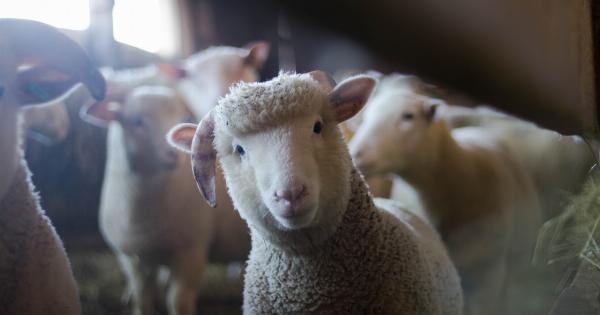Every year, as the holiday season approaches, parents around the world face the age-old dilemma of whether or not to perpetuate the myth of Santa Claus.
The jolly old man in a red suit who delivers gifts to children on Christmas Eve has become an integral part of the holiday tradition for many families. However, the question arises: is it ethical to lie to children about Santa Claus? This debate has sparked varied opinions, with compelling arguments on both sides.
The Joy of Belief
One perspective argues that the concept of Santa Claus adds a sense of magic and wonder to children’s lives. Believing in Santa Claus brings excitement and anticipation, enhancing the joy of the holiday season.
This argument emphasizes the value of preserving childhood innocence and fostering imagination.
Fostering Imagination vs. Truthfulness
On the other hand, proponents of truthfulness argue that lying about Santa Claus erodes children’s trust in their parents.
They contend that teaching children to believe in something that doesn’t exist sets a precedent for dishonesty and undermines the importance of truth. Additionally, they argue that children form their understanding of the world based on their parents’ teachings, and perpetuating the Santa Claus myth can blur the line between reality and fantasy.
The Role of Tradition
Some argue that the ethical dilemma surrounding Santa Claus lies in the cultural significance and tradition associated with the character. For many families, the existence of Santa Claus is deeply ingrained in their holiday customs.
It brings generations together, creates cherished memories, and establishes a collective experience that carries on from one year to the next.
Disillusionment and Emotional Harm
One potential consequence of perpetuating the Santa Claus myth is the eventual disillusionment children may experience when they discover the truth.
This revelation can be emotionally traumatizing for some, as it may feel like a betrayal from their parents. Critics argue that the potential harm caused by this eventual deception outweighs any temporary joy that belief in Santa Claus may bring.
Encouraging Critical Thinking
Opponents of the Santa Claus myth contend that it stifles critical thinking and analytical skills in children. Believing in something without evidence or logical reasoning can hinder cognitive development, they argue.
Instead, encouraging children to question and evaluate information fosters intellectual growth and prepares them for the reality of a rational world.
The Spirit of Giving
Advocates for perpetuating the Santa Claus story emphasize the positive values it promotes. Santa Claus is often depicted as a symbol of generosity and kindness, encouraging children to embrace the spirit of giving.
They argue that the lessons learned through Santa Claus traditions, such as making wish lists, thinking of others, and the joy of sharing, outweigh any potential harm caused by temporary deception.
Alternate Perspectives
While the debate primarily centers around the ethics of lying about Santa Claus, there are alternative perspectives that offer compromises.
Some parents choose to present the Santa Claus myth as a fictional character, similar to other beloved characters in storybooks. This approach preserves the magic and traditions associated with Santa Claus while maintaining honesty with their children.
Open Communication and Honesty
An alternative approach places emphasis on open communication within the family and encourages children to think critically and question the existence of Santa Claus.
Rather than perpetuating or completely debunking the myth, parents engage in dialogue and help children navigate their own understanding of the Santa Claus story.
Personal Values and Family Dynamics
Ultimately, the decision of whether to perpetuate the Santa Claus myth depends on personal values and individual family dynamics. Some families embrace the tradition wholeheartedly, while others opt for honesty from the start.
There is no one-size-fits-all answer, as every family must weigh the potential benefits and drawbacks.
Conclusion
The ethics of lying about Santa Claus is a complex and multifaceted issue. Believers argue for the joy and wonder it brings, while skeptics emphasize the value of truthfulness and critical thinking.
Ultimately, the decision lies in the hands of parents who must carefully consider their own values and the potential impact on their children’s emotional well-being. Whether families choose to embrace the tradition or opt for honesty, the key lies in open communication, understanding, and the intent to create a meaningful holiday experience.































